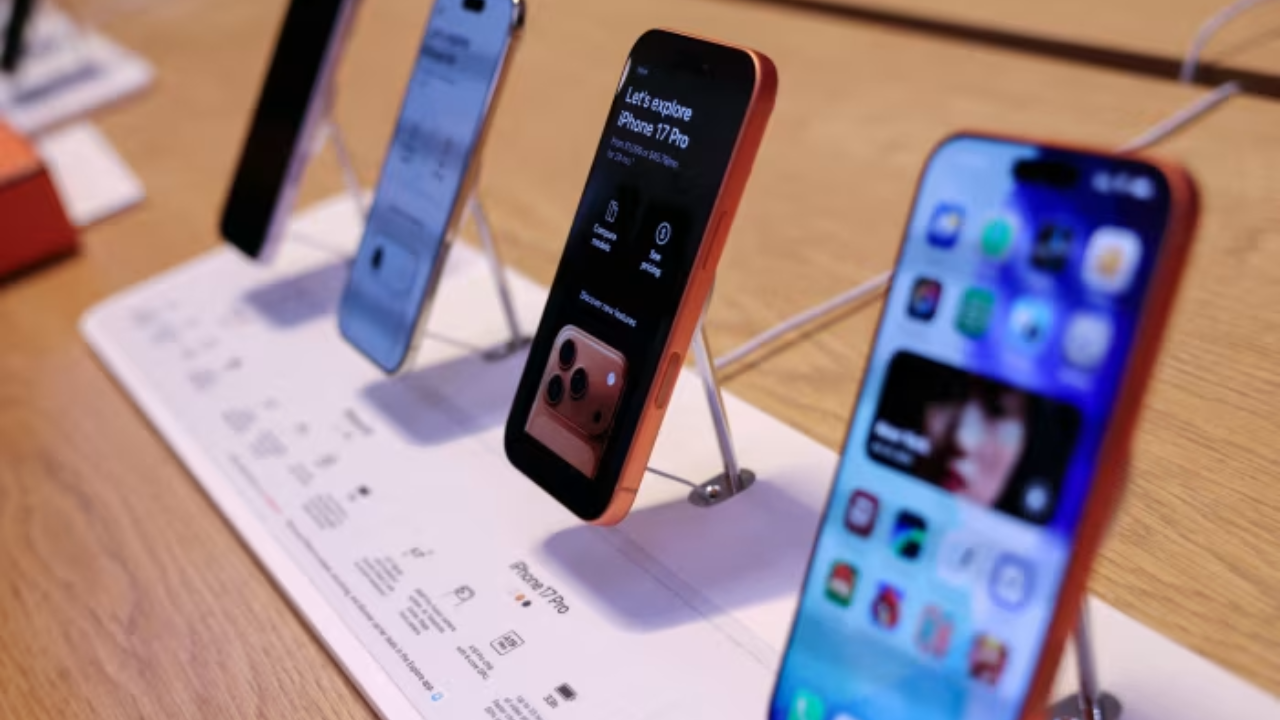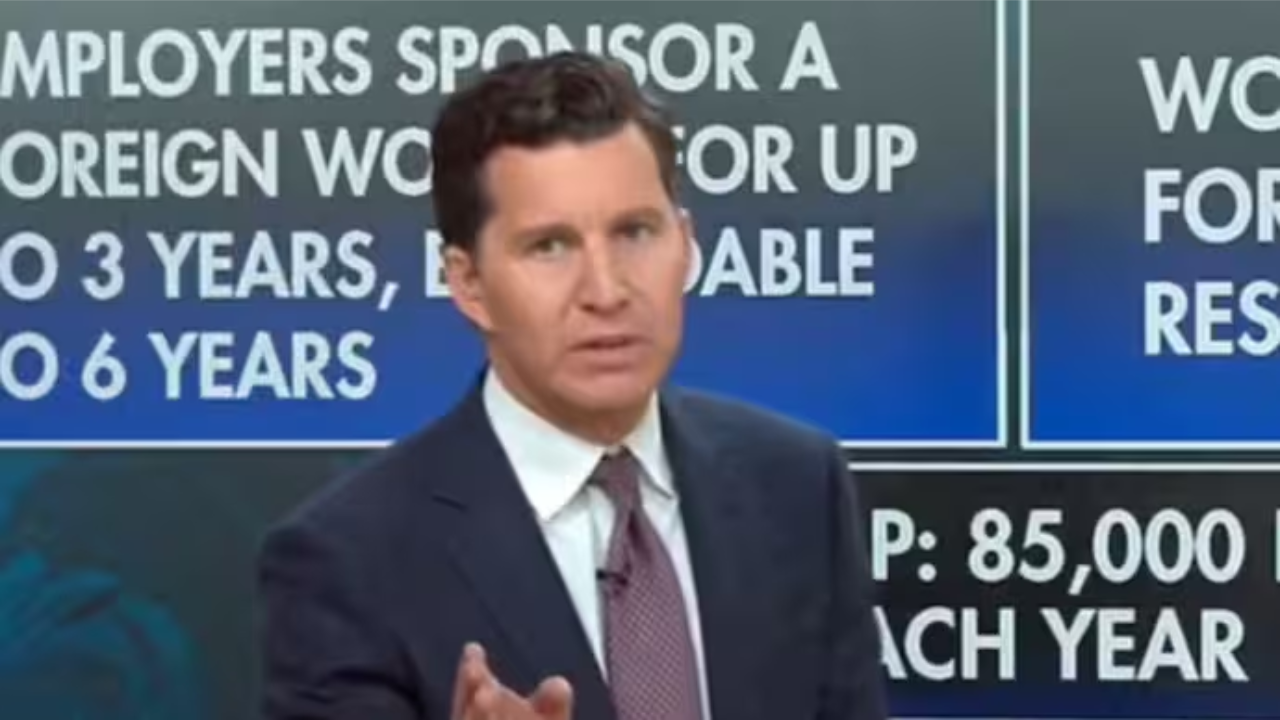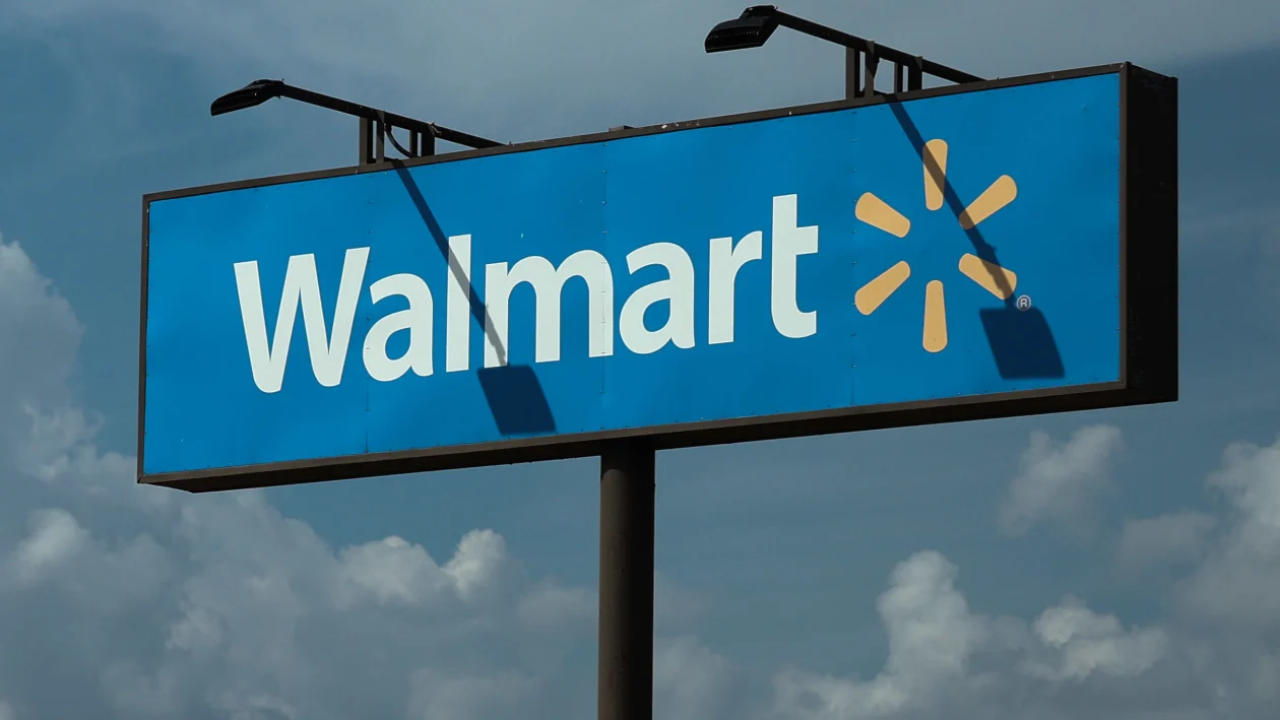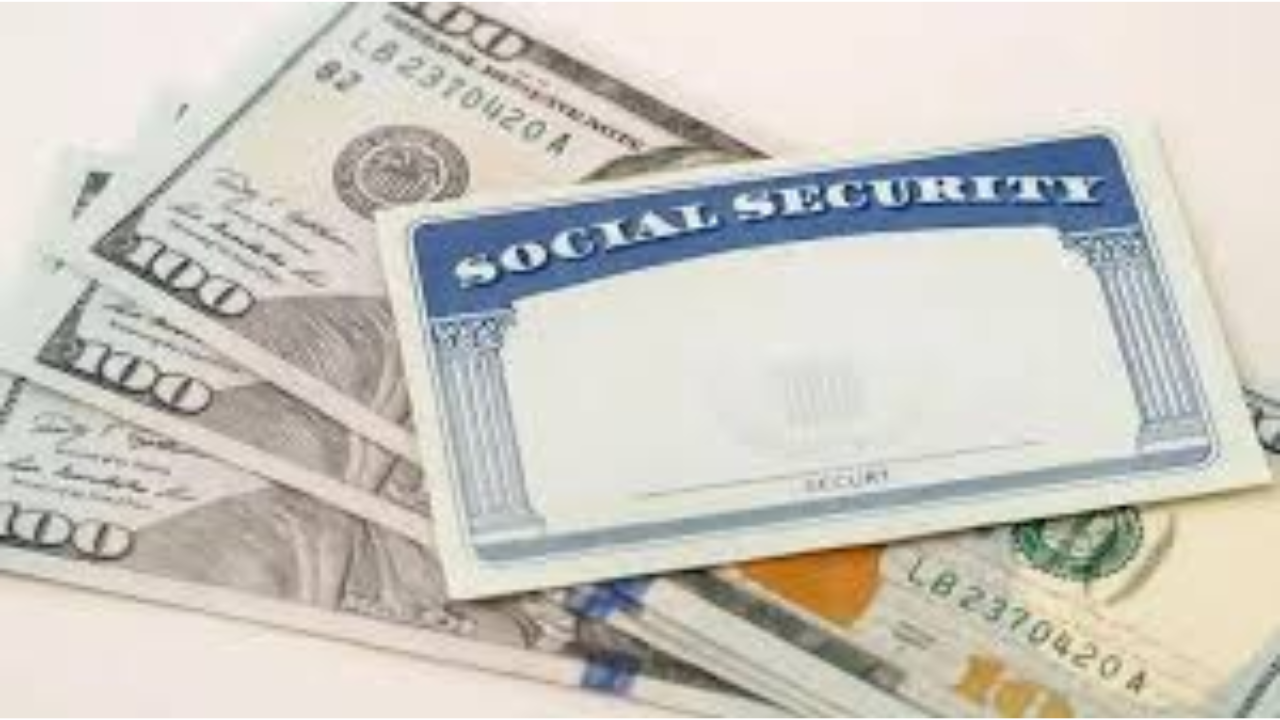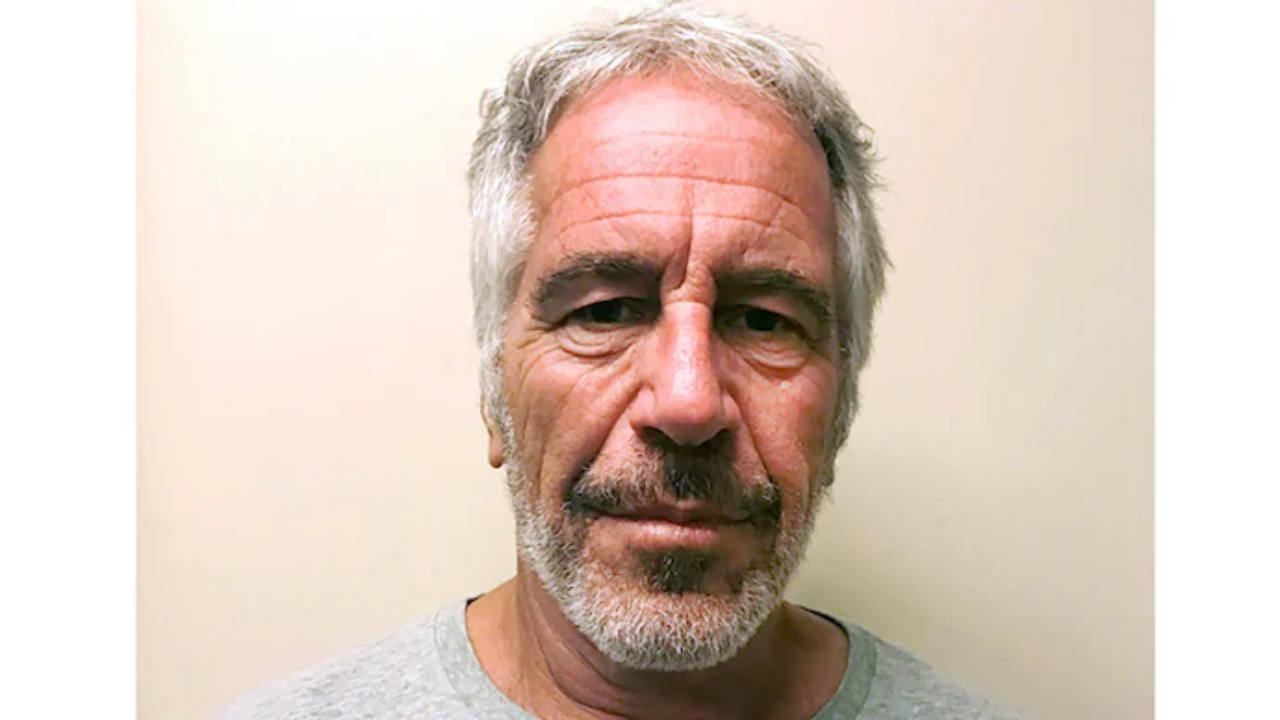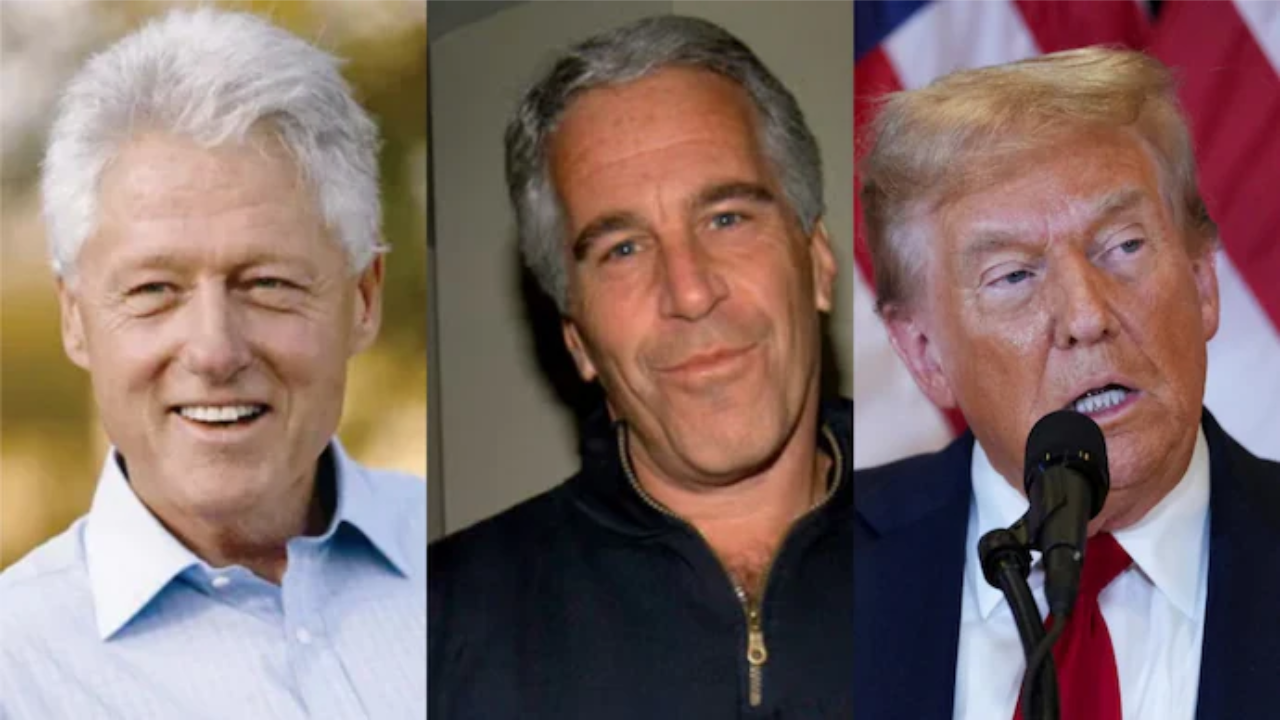In a significant policy reversal aimed at easing the financial strain on American consumers, President Donald Trump signed an executive order on Friday to eliminate tariffs on a broad range of imported commodities, including beef, coffee, and tropical fruits.
The move is a direct response to growing public frustration over soaring prices and mounting inflation, which became a decisive factor in recent Democratic victories in state and local elections across the country.
Key Details of the Executive Order:
- Tariffs Removed On: Beef, coffee, tea, tropical fruits (like bananas and oranges), fruit juice, cocoa, spices, tomatoes, and certain fertilizers.
- The Rationale: Many of these products, like coffee and bananas, are not produced domestically in the U.S. in sufficient quantities. The administration, which had previously insisted its tariffs did not affect consumer prices, is now acknowledging that the import duties were effectively a burden on American shoppers.
- Political Pressure: The decision follows a wave of Democratic wins in critical off-year elections, where cost-of-living concerns were the top priority for voters, signaling a shift in the national political climate that the White House could no longer ignore.
- Trade Context: The executive order comes shortly after the U.S. reached preliminary agreements with Ecuador, Guatemala, El Salvador, and Argentina to reduce import taxes on their agricultural products. Tariffs on beef from major exporters like Brazil had been specifically blamed for contributing to the surge in grocery costs.
Despite campaigning on promises of economic revival, voters have faced persistently higher costs for groceries and housing. The administration maintains its policies have strengthened the economy but is now actively working to provide tangible price relief to households.








